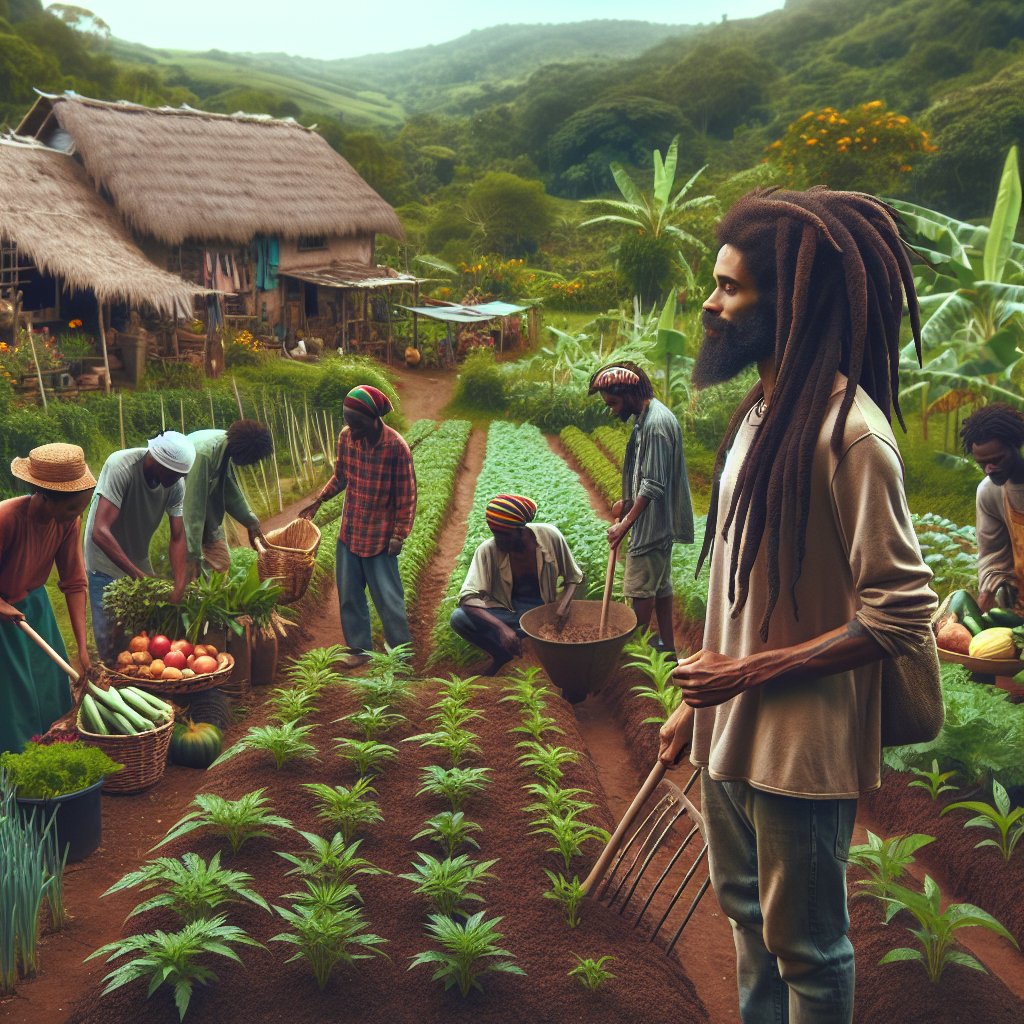
Introduction:
Rastafari, a spiritual and cultural movement rooted in Jamaica, extends its principles of unity, equality, and reverence for nature to the practice of farming. Rasta farming embodies a holistic approach to agriculture, integrating traditional wisdom, sustainable techniques, and a deep connection to the land. In this blog, we explore the ethos of Rasta farming, its guiding principles, and the impact it has on communities and the environment.
The Roots of Rasta Farming:
Rasta farming is deeply intertwined with the Rastafari movement, which emphasizes the spiritual connection between humanity and the earth. The farming practices are inspired by the belief in living in harmony with nature, respecting all living beings, and promoting self-sufficiency. This approach to farming reflects the Rastafari commitment to sustainable living and the preservation of the environment.
Cultivating Sustainability:
At the heart of Rasta farming is the commitment to sustainable agricultural practices. This includes organic farming methods, permaculture techniques, and the use of natural fertilizers and pesticides. Rasta farmers prioritize biodiversity, soil health, and water conservation, recognizing the interconnectedness of all elements in the ecosystem. By embracing sustainable farming, Rasta farmers contribute to the preservation of the land and the well-being of future generations.
Traditional Wisdom and Herbal Farming:
Rasta farming draws on traditional agricultural knowledge passed down through generations. Herbal farming, in particular, holds a significant place in Rasta culture. The cultivation of medicinal herbs, such as cannabis, aloe vera, and lemongrass, is central to Rasta farming practices. These herbs are valued for their healing properties and are used in natural remedies, teas, and spiritual rituals. Rasta farmers honor the wisdom of their ancestors by preserving and sharing traditional herbal knowledge.
Community and Self-Sufficiency:
Rasta farming fosters a sense of community and self-sufficiency. Many Rasta farming communities operate as collectives, where members work together to cultivate the land, share resources, and support each other. The emphasis on self-sufficiency extends to the production of food, herbs, and other agricultural products. Rasta farmers prioritize local consumption and trade, reducing reliance on external sources and promoting food security within their communities.
Impact on Communities and the Environment:
Rasta farming has a profound impact on communities and the environment. By promoting sustainable practices, Rasta farmers contribute to the conservation of natural resources, the reduction of chemical pollution, and the preservation of traditional farming knowledge. Additionally, Rasta farming communities often serve as educational hubs, sharing their expertise in sustainable agriculture with others and inspiring a new generation of environmentally conscious farmers.
Conclusion:
Rasta farming embodies a harmonious and sustainable approach to agriculture, rooted in tradition, spirituality, and a deep respect for the earth. By embracing Rasta farming principles, communities can cultivate a more sustainable and interconnected relationship with the land, promoting environmental stewardship and holistic well-being. As we look to the future, the ethos of Rasta farming offers valuable insights and inspiration for sustainable agriculture practices worldwide.



Leave a Reply